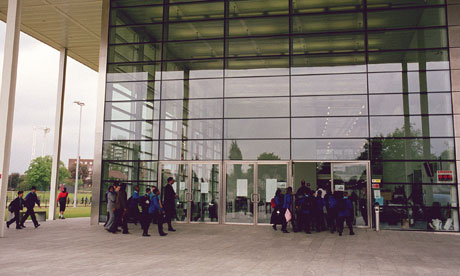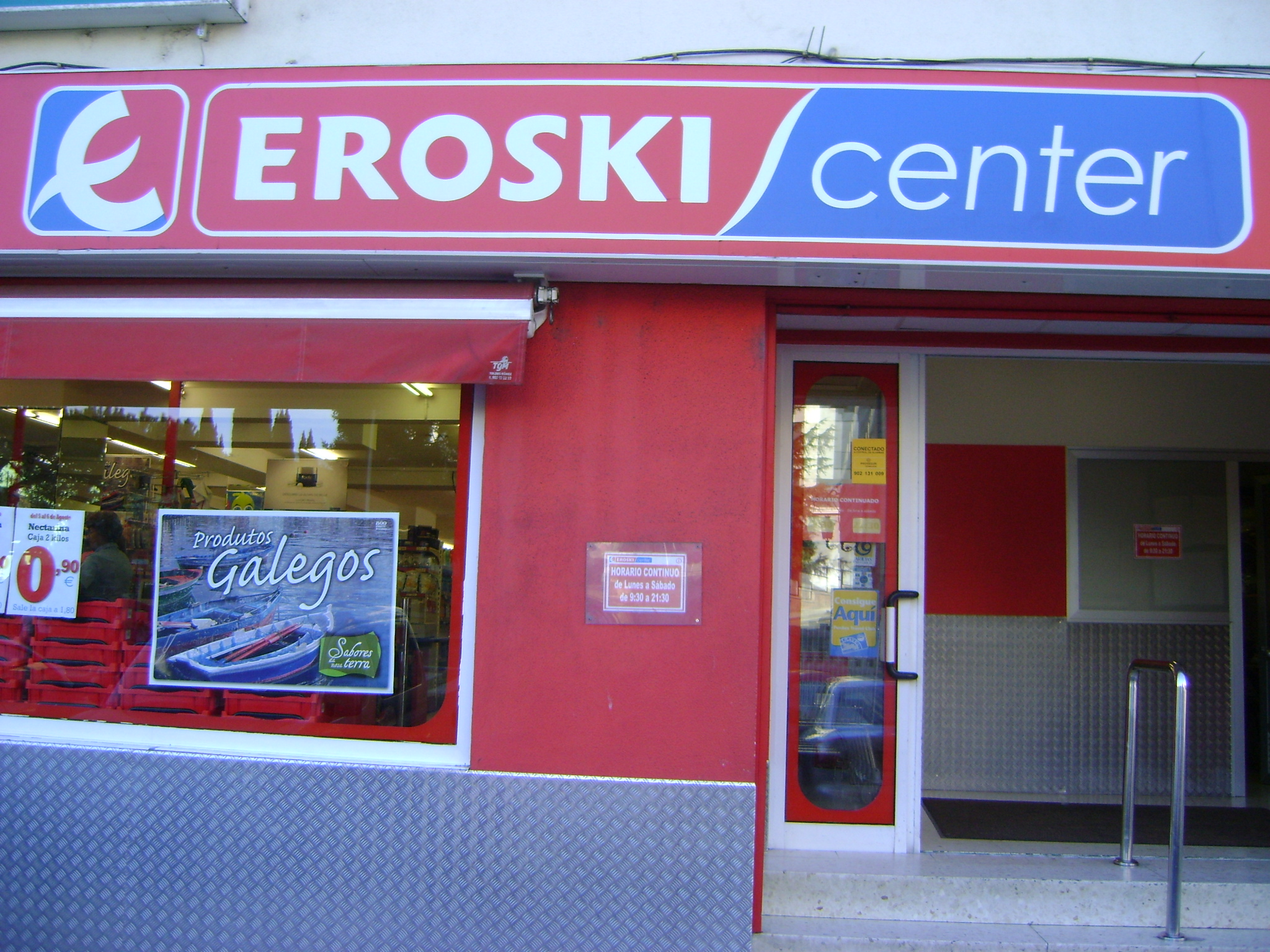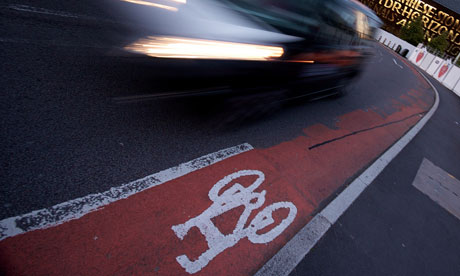- A Welsh cabinet paper revealed that the Welsh Government are to prepare a PR campaign to explain changes to hospital services in Wales, suggesting changes will be “difficult and controversial”.
- Health Minister Lesley Griffiths (Lab, Wrexham) was criticised by opposition parties for bringing forward £12.4million in contingency funds to enable Local Health Boards to meet financial targets. She denied claims it was a “bail out”, and the Welsh Government hailed the Welsh NHS “breaking even” as a “magnificent achievement.” It was later revealed by Conservative leader Andrew Davies, that preparations for the contingency funds were made between October and December, despite Lesley Griffiths telling Local Health Boards “not to expect any more bail outs.”
- A consultation has opened, launched by Business Minister Edwina Hart (Lab, Gower) into a new innovation strategy for Wales. The strategy will encompass intellectual property, research and development, and product development.
- Undercover investigations into tanning salons suggest that up to a third are ignoring age checks. Under 18s have been banned from using tanning beds in Wales since April 2011.
- Professor Roger Scully from Cardiff University has suggested that there are too many councillors in Wales, suggesting a cut in the number of councillors and a switch to Single Transferable Vote in local elections.
- Labour made big gains in the local elections held on May 3rd, taking overall control of ten local authorities – including Cardiff, Swansea and Newport. Plaid Cymru lost more than forty councillors, the Conservatives lost overall control of two councils and more than sixty councillors, while the Liberal Democrats suffered particularly heavy defeats in Cardiff, Swansea and Wrexham. Independents also suffered heavy losses, but remain in control of Pembrokeshire and Powys.
- The Wales Coastal Path was officially opened on May 5th, with events held around the country. Wales is now the only country in the World that has a path around its entire boundary. It's hoped the path will become a major tourist attraction.
- Health Minister Lesley Griffiths launched a 12-week consultation on a new Mental Health Strategy, which aims to tackle stigma and ensure equal access to services.
- A campaign has been launched to encourage the Welsh Government to pay a “living wage” of £7.20, instead of the national minimum wage to help tackle child poverty.
- Grants of up to £3,000 will be offered to student teachers to encourage them to move to further education colleges in time for the 2012/13 academic year. The scheme is aimed in particular towards science, engineering and mathematics subjects.
- Education Minister Leighton Andrews (Lab, Rhondda) has written to every Catholic secondary school in Wales to remind them to “give a balanced perspective” on same-sex marriage. This happened weeks after it was revealed that Catholic secondary schools asked pupils to sign a petition against same-sex marriage laws.
- The Welsh Government said that there was “no appetite” for an increase in the number of AMs to 80 from 60 after the Llywydd said she was in favour of such a move.
- The Welsh Government launched a consultation into its proposed Active Travel Bill, which will place a statutory duty on local authorities to provide safe cycling and pedestrian routes.
- The Assembly's Task-Finish Group on the Media reported back after an extensive investigation. They recommended the creation of an independent media panel, the possible creation of a Wales-specific Channel 3 licence and wish to keep the future devolution of broadcasting under review.
- Shadow Welsh Secretary Peter Hain MP, resigned his shadow cabinet position to concentrate on delivering a possible Severn Barrage. Owen Smith MP was appointed as his replacement.
- Minister for Housing, Regeneration & Heritage Huw Lewis (Lab, Merthyr Tydfil & Rhymney) has set an “ambitious” target of 12,500 new “affordable homes” to be built over the next four years after unveiling a white paper on housing. Peter Black (Lib Dem, South Wales West) called for greater transparency. Llyr Huws Griffiths (Plaid, North Wales) welcomed the announcement, but questioned how the targets could be met.
- Unemployment in Wales fell by 1,000 in the three months to May 2012, to stand at 9%. Across the UK, unemployment fell by 45,000 to 8.2%.
- Education Minister Leighton Andrews unveiled a new five-year plan to tackle inadequacies in Welsh schools. The National Literacy Plan aims for Wales to reach the top 20 of PISA nations by 2015. This follows criticism expressed by Estyn that basic key skills were “poorly planned” amongst 11-14 year olds.
- Welsh Language Commissioner Meri Huws has launched a consultation into improving services for Welsh-speakers. It recommends that Welsh-speakers should expect correspondence in Welsh as well as be able to access Welsh-speaking health and social care professionals.
- Communities and Local Government Minister Carl Sargeant (Lab, Alyn & Deeside) has launched a white paper on the Welsh Government's proposed Local Democracy Bill, which would see a shake-up of the Local Boundary Commission for Wales, improve local election management, improve scrutiny procedures and improve access to information from community councils.
- Unite Union leader Andy Richards shunned Plaid Cymru leader Leanne Wood's overtures towards creating a “progressive alliance” against public spending cuts. Welsh Labour also criticised her plans in a strongly-worded statement attacking her leadership and questioning Plaid Cymru's stance on trade unions.
- Children's Commissioner Keith Towler said the Welsh Government's long-standing plan to eradicate child poverty by 2020 is unlikely to be achieved. Deputy Minister for Children & Social Services Gwenda Thomas (Lab, Neath) said that Labour remained “committed” to the pledge.
- Welsh Secretary Cheryl Gillan unveiled a green paper on changing the election system to the National Assembly for 2016 – expecting to include reducing constituency AMs to 30, with 30 elected via the regional list.
- Finance Minister Jane Hutt (Lab, Vale of Glamorgan) has unveiled the Welsh Government's new Infrastructure Investment Plan, which plans out a combined £3.5billion worth of capital expenditure schemes. Opposition parties criticised the number of repackaged announcements.
- Plaid Cymru accused Labour of “downgrading” the express north-south rail services by reducing the number of services from two to one, saving £500,000. The Welsh Government said the “enhanced” service will now call at Wrexham and Flint.
- The Welsh Government has laid the Food Hygiene Ratings Bill in front of the Assembly. The Bill, if passed, will require premises serving food to display their rating prominently. Health Minister Lesley Griffiths extended the scheme to include premises that prepare food, but don't serve it to the public.
- The First Minister set up a task force to investigate improvements to Cardiff Airport, after a series of criticisms aimed at the airport's operators due to significant passenger falls over several years. The Conservatives described the task force as “too little, too late.”
- The First Minister has released his first Annual Report which is part of his government's focus on delivery. The report lists several hundred indicators and progress, as well as action taken, towards improvements when necessary.
- The Assembly's Petitions Committee has recommended that “buffer zones” of 1,500metres be placed around wind turbines to protect people living near them from noise.
- Llywydd Rosemary Butler has presented a scroll as a gift from the National Assembly, with a message, to The Queen to mark her Diamond Jubilee celebrations next month.
- A consultation has been launched into possible changes to qualifications in Wales. It could lead to new types of GCSE and A-Level, a “matriculation” qualification and new vocational, numeracy and literacy qualifications.
Projects announced in May include : A £24million revamp of the National History Museum at St Fagans, a £365million onshore wind farm in the south Wales Valleys and the creation of two new energy enterprise zones in Pembrokeshire and Gwynedd.































